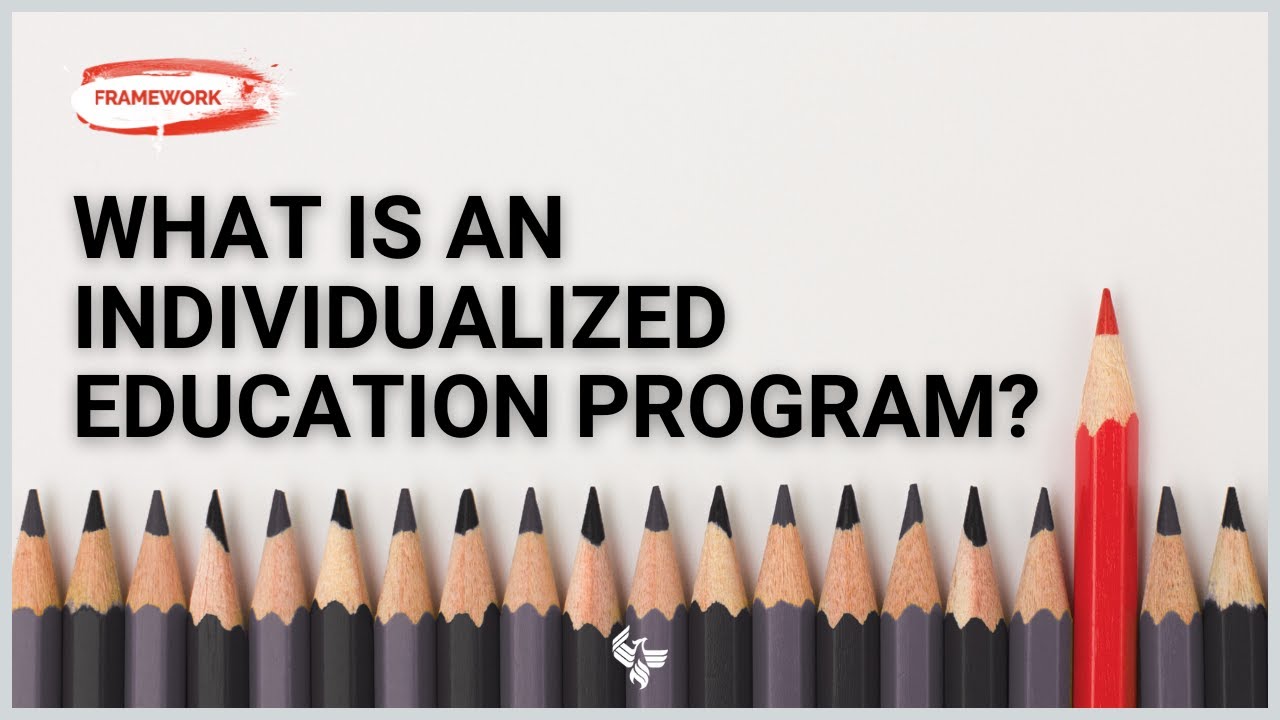Careers with a special education degree

Written by Michael Feder

Reviewed by Kathryn Uhles, MIS, MSP, Dean, College of Business and IT

Everyone has the right to an education, but not everyone has the same needs when it comes to learning. Students with special needs have physical, emotional or learning disabilities, and they require informed instruction from special education teachers and administrators.
Work with a special education degree
Anyone with a special education degree knows that special education is certainly a team effort. There are numerous careers in special needs beyond working directly with students as educators in the classroom. Coordinators, counselors and managers make up a wide range of special education teaching jobs that can have a profound impact on the lives of students with disabilities.
Many choose to pursue a special education degree to better prepare for these careers. A master’s level degree, for instance, gives teachers the opportunity to hone skills that are uniquely suited to special education teaching jobs.
Careers in special education
In the following, we explore jobs available to education and special education majors. These represent several careers in special needs that are important in the lives of students.
Special education teacher
Overview: Those interested in a special ed job that has a direct impact on the lives of students may want to consider working as a special education teacher. These individuals work in the classroom directly with students with disabilities. They can teach a wide range of subjects, develop lesson plans and Individualized Education Programs (IEPs), communicate with supervisors and administrators, and work one-on-one to help students succeed.
Education requirements: Every state requires a bachelor’s degree to teach special education in a public school. Some require a specific degree in special education.
Job outlook: According to BLS, employment of special education teachers is expected to remain steady from 2023 to 2033, with little or no change projected. Despite limited employment growth, about 35,900 openings for special education teachers are projected each year, on average, over the decade.
Salary range: As of May 2023, special education teachers earned between $47,520 and $106,290, with a median wage of $65,910, according to BLS.
Salary ranges are not specific to students or graduates of University of Phoenix. Actual outcomes vary based on multiple factors, including prior work experience, geographic location and other factors specific to the individual. University of Phoenix does not guarantee employment, salary level or career advancement. BLS data is geographically based. Information for a specific state/city can be researched on the BLS website.
BLS Occupational Employment Projections, 2022-2032 is published by the U.S. Bureau of Labor Statistics. This data reflects BLS’ projections of national (not local) conditions. These data points are not specific to University of Phoenix students or graduates.
High school (secondary school) special education teacher
Overview: According to BLS, these instructors provide academic, social, and life skills instruction to high school (secondary school) students with learning, emotional, or physical disabilities. This includes educators who specialize in supporting students who are blind or visually impaired, deaf or hard of hearing, or those with intellectual disabilities.
Salary range: As of May 2023, high school (secondary school) special education teachers earned between $46,880 and $102,850, with a median wage of $63,560, according to BLS.
Middle school special education teacher
Overview: According to ONet, these educators teach academic, social, and life skills to middle school students with learning, emotional, or physical disabilities. This includes those who specialize in working with students who are blind or visually impaired, deaf or hearing impaired, or have intellectual disabilities.
Salary range: As of May 2023, middle school special education teachers earned between $48,140 and $105,320, with a median wage of $66,600, according to BLS.
Preschool special education teacher
Overview: According to BLS, these educators teach academic, social, and life skills to preschool-aged children with learning, emotional, or physical disabilities. This includes educators who specialize in working with children who are blind or visually impaired, deaf or hearing impaired, or have intellectual disabilities.
Salary range: As of May 2023, middle school special education teachers earned between $41,250 and $135,170, with a median wage of $65,270, according to BLS.
Other jobs titles in special education include:
- Career and transition teacher
- Early childhood special education teacher
- Early intervention teacher
- Emotional disabilities teacher
- Exceptional children teacher
- Hearing-impaired itinerant teacher
- Intervention specialist
Programs for a special education degree
If you’re interested in working in special education, and want to know more about getting a special education degree, University of Phoenix offers several online education programs to get you started, including:
- Master of Arts in Education/Special Education
- Master of Arts in Education/Curriculum and Instruction
Contact University of Phoenix for more information.

ABOUT THE AUTHOR
A graduate of Johns Hopkins University and its Writing Seminars program and winner of the Stephen A. Dixon Literary Prize, Michael Feder brings an eye for detail and a passion for research to every article he writes. His academic and professional background includes experience in marketing, content development, script writing and SEO. Today, he works as a multimedia specialist at University of Phoenix where he covers a variety of topics ranging from healthcare to IT.

ABOUT THE REVIEWER
As dean of the University of Phoenix College of Education, Pamela Roggeman has spent over a decade in higher education teacher preparation in both the public and private sector. Her experience has included national partnerships that help to advance thought leadership in the field of education. Dr. Roggeman also serves as the President of the Arizona Educational Foundation’s Board of Directors.
This article has been vetted by University of Phoenix's editorial advisory committee.
Read more about our editorial process.



